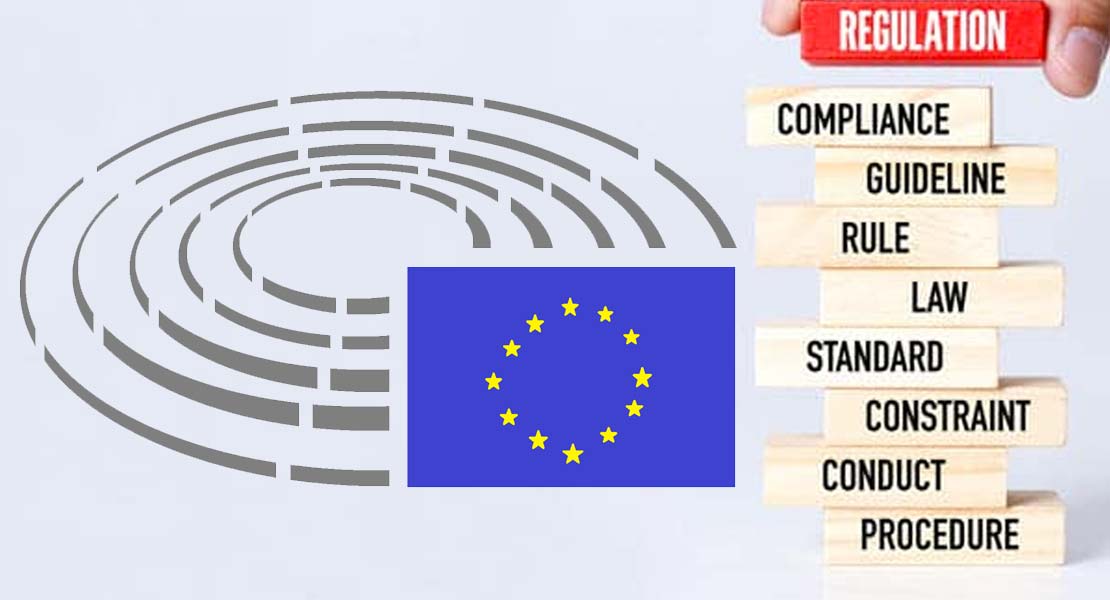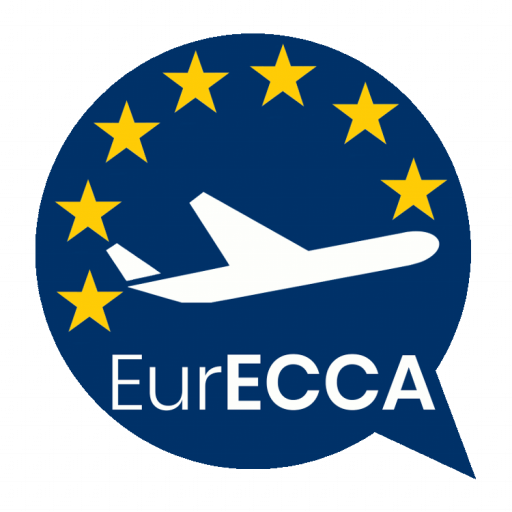To harmonise or not to harmonise?
Who decides in Europe?
Who decides in Europe? The approval of Regulation 83/2014 (FTL) was a democratic process by the European Parliament. This regulation however referred in numerous instances to the Certification Specifications (CS), the Acceptable Means of Compliance (AMC) and the Guidance Material (GM) without these texts being known to the MEP’s at the moment of voting.
Regulation 216/2008 allows EASA to draft CS, AMC and GM without the interference of the European Parliament. So not only was it unknown at the moment of voting how the Implementing Rules of FTL would be implemented, but it also remains forever unknown to the MEP’s because they are no longer involved in decision making on this subject.
Harmonisation is at stake!
Apart from the fact that the European Parliament is no longer involved in regulating the work of aviation mobile workers, harmonisation of European regulations is compromised by Regulation 216/2008.
Articles 14.6 and 22.2 allow operators and National authorities to apply for deviations and derogations to the Implementing Rules. In the approval of deviations and derogations EASA plays a prominent role. Apart from the Commission scrutiny mentioned in article 14.6, EASA is basically the only party who will evaluate the requests to deviate from Implementing Rules voted upon by the European Parliament. Thus, not only democratic decision making is overruled, but harmonisation is at stake.
The most important example of loss of harmonisation is the implementation of the Safety Management System. Operators are free to design their own Fatigue Management System resulting in different systems even within one country, where as all cabin crew members will suffer from the same elements that provoke fatigue and thus should be treated equal.
What should be done?
EurECCA proposes to modify EASA Regulation 216/2008 to ensure involvement of the European Parliament in the establishment of soft law (CS, AMC, GM) and the involvement in the deviations and derogations from hard law (IR).


